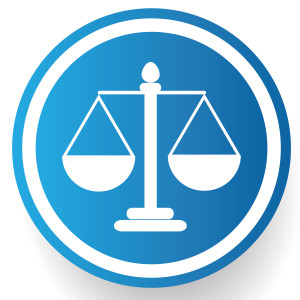 Attorney John Sofis Scheft, Of Counsel to the Bellotti Law Group, PC has filed a lawsuit challenging an initiative petition, which claims to legalize marijuana. The case, Hensley v. Attorney General, features 59 voters who argue that key information in the proposed law is presented in a misleading way to the voters.
Attorney John Sofis Scheft, Of Counsel to the Bellotti Law Group, PC has filed a lawsuit challenging an initiative petition, which claims to legalize marijuana. The case, Hensley v. Attorney General, features 59 voters who argue that key information in the proposed law is presented in a misleading way to the voters.
The case will be heard by the full Supreme Judicial Court on June 8 in a special session.
Peter V. Bellotti, head of the firm, commented, “There are two powerful arguments that we felt we had to bring to the Supreme Court’s attention.” These concerns are spelled out in a complaint filed in Suffolk County.
1. The law claims to be legalizing marijuana when, in fact, it is legalizing concentrated forms of marijuana like “hashish” and other resins and extracts, which Attorney Scheft has called, “Cannabis Crack.” In his words: “These items bear no resemblance to the leafy substance that nostaligic adults think this law will legalize. Nature’s pot should only have a maximum of 2.5% Tetrahydrocannabinol, or THC, which is the ingredient that gets people
high. But the people behind the ballot initiative know that the current, genetically modified products have 60%, 70% and even 90% THC. This is what is going to be peddled to consumers and what’s going to find its way into the hands of our kids – just like in Colorado and Washington.”
The voters were also not informed that the law will allow food and beverages (like cookies, candy and soda) to be manufactured with high concentrations of THC, a hallucinogenic substance under Massachusetts law.
This is the first time, in the history of the Commonwealth, that a known drug like THC will be deliberately added to our food supply for recreational purposes. This is particularly important because these so-called “marijuana edibles” are dangerous to adults and children, who often will consume them
because they are purposefully made to look like currently sold desserts and treats.
2. Equally important, the voters were not informed that owners of medical marijuana treatment facilities will be given automatic preference for licenses to grow, manufacture and sell, for profit, hashish, food and beverages, and marijuana at the same location where they currently treat patients. The medical marijuana law now requires that owners of treatment facilities operate on a non-profit basis. They are also regulated by the Department of Public Health (DPH). Rather than regulating new businesses through DPH,
the proposed law, in the words of Attorney Scheft, “pulls an end around by setting up a new agency, the Cannabis Control Commission, and stacking its advisory board with commercial marijuana dealers and users. It’s just so obvious . . . once you sift through the deliberately confusing language of the proposed law.” This new agency will immediately transform medical marijuana treatment centers into profit-making businesses. While the law has some local control, it states that a community that approved a medical marijuana center must allow that same center to sell marijuana, hashish and food products for recreational use.
“Talk about the old bait and switch,” said Attorney Bellotti. “Weren’t the voters told that medical marijuana was for really sick people, and that a community who allowed a dispensary was just supporting compassionate care? I would expect that those citizens and local officials might feel differently if they knew their hands were tied, and they would have to accept recreational sales at the same location.”
Contact Attorney Scheft at 781-859-9249